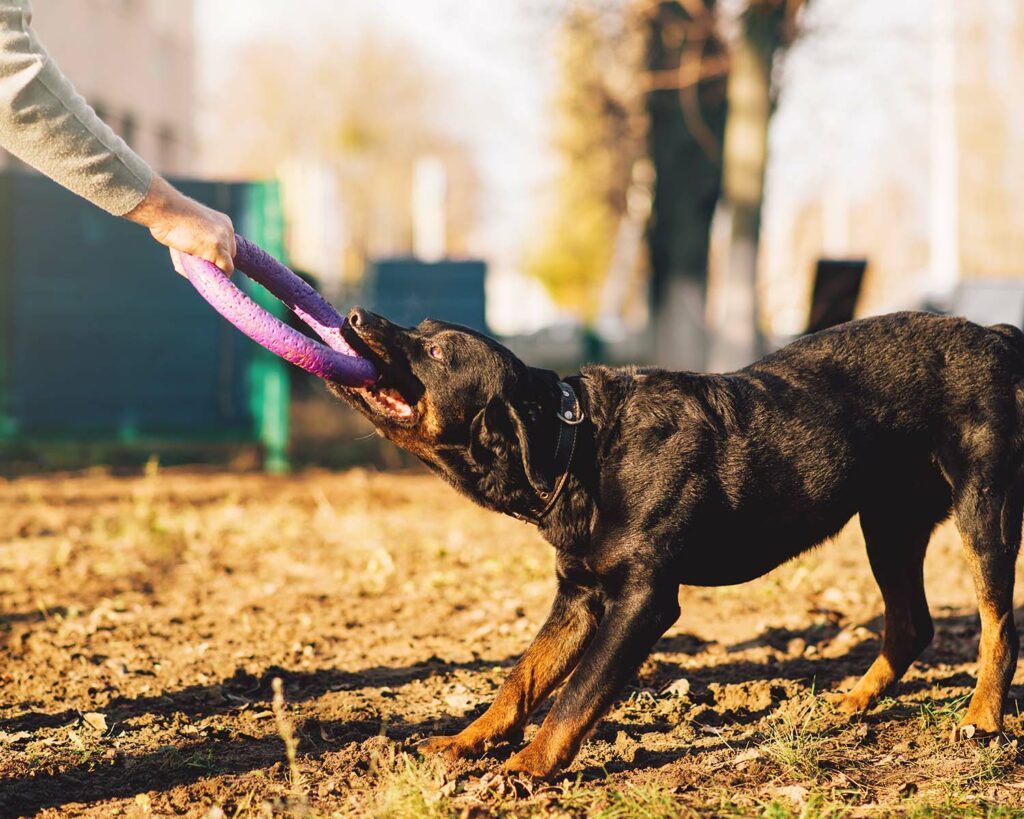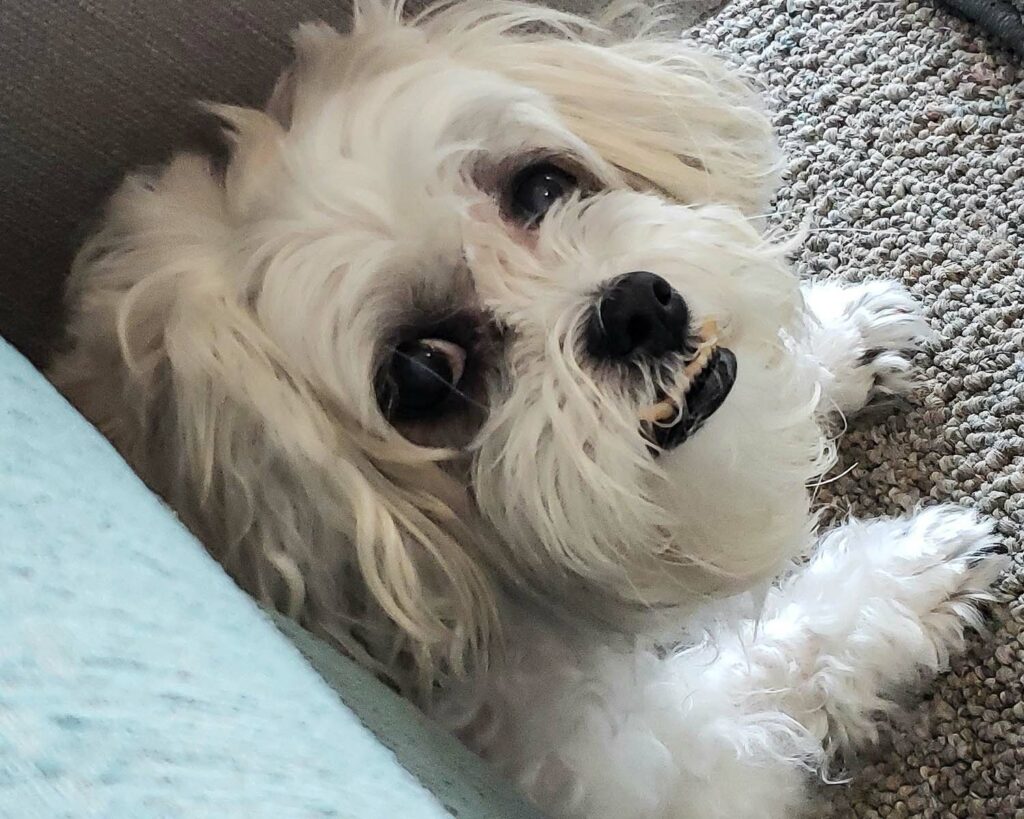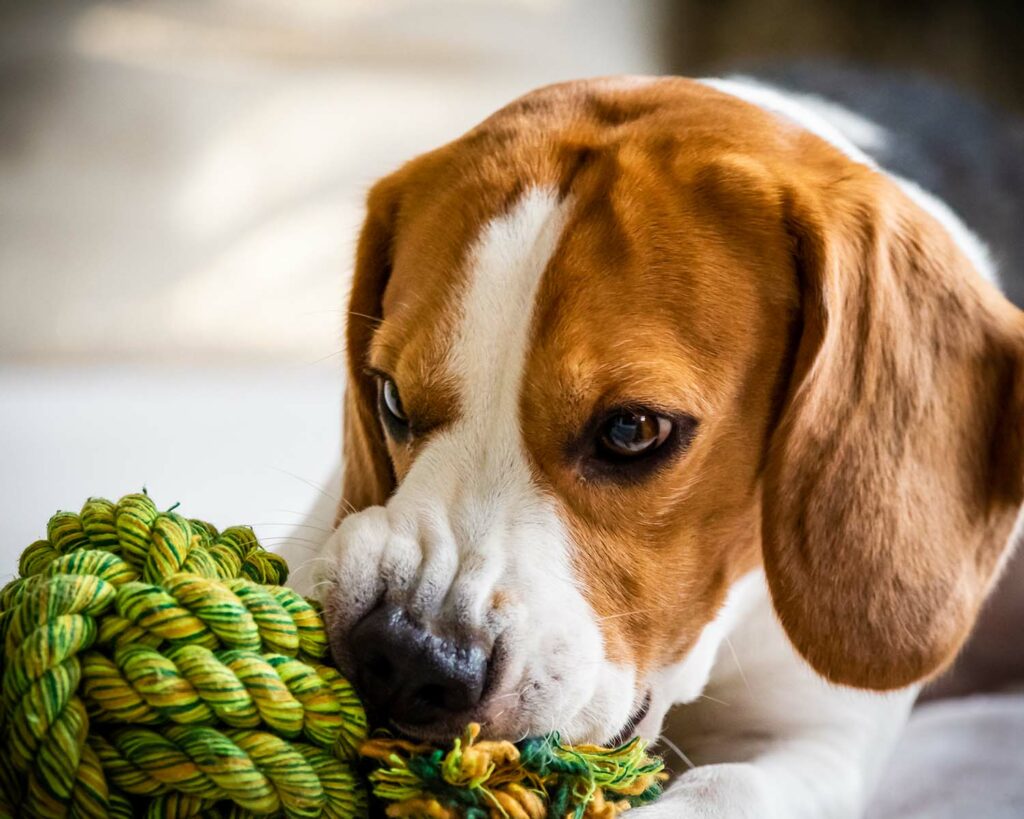Cynophobia
The record says that there are million plus people who get bitten by dogs every year world over. That in itself is a reason enough for people to develop extreme fear of dogs that’s called Cynophobia. However, it really doesn’t take a dog bite to develop this phobia, there have been many who naturally come with this fear even though they may not hate them.
Training is central

The necessity to train our pets for different activities like relieving at the right place or to simply be obedient and follow the parents’ instructions comes along with getting a pet home. However, many cruel instances, especially some recent ones make it all the more central to have our pet canines trained not to get into aggressive biting. The government has now set strict orders and rules towards the families who might fail to take care of the aggression in their dogs. Mishaps arising not only from dog violence but also from a pet dirtying a public place leading into any kind of inconvenience to others may result into the pet parents being imposed with monetary fine.
Instances that can be handled
A recent incidence where a young boy was bitten by anothers’ pet dog where the pet parent was not able to handle the furry friend’s aggression. The pet parent was charged a huge amount of fine as imposed by the authorities. There was another incident where a dentist pet-parent lost his three fingers while feeding his agile dog some meat. This cost him his profession.
There has been a constant raise in the number of families that want to keep pets. Undoubtedly this is a brilliant call but with that it is also a crying need to start training our beloved canines to behave. These instances can definitely be tackled.
Play it safe with training
Here is how you may be able to tackle painful biting in different situations and temperament around dogs –
Fear and anxiety

Your dog may fear different things. Most you would already know of as a pet parent and some could be still new for you.
1. A noisy atmosphere especially around the Indian festivals & seasons while the drums and crackers or thunders play loud may scare your pet dog to bits.
2. Similarly, a new environment or a new home that your pet does not identify with yet may lead them into getting distressed.
3. Getting separated from pet parents for any reason is very disappointing and they fear this situation big time.
4. If you plan on getting a new pet home alongside your existing one or have a baby, the thought of losing out on the parents’ attention and love by having a competition home may be extremely disturbing for the former pet.
Fear and anxiety may lead into your pets directing their biting energies towards strangers but beware, they may bite you too.
Here is how you may be able to handle it all wisely –
1. To normalise the sounds of drums, crackers and thunder for their pets, some parents smartly start playing similar sounds on their music system. The more you do this before the festivities approach, the more relaxed your pets will be around noise. All these tricks, of course not at the cost of their hearing. Have the doors and windows shut to be extra careful and make them feel safe. Allow them a comfy corner too.
2. Expose them as much as possible. To situations, new people, new furry friends, your human friends. Allow them to meet other pets while on stroll and also take them out to pet cafes where they can socialise.
3. You may also want to keep them in a pet hostel for a day or two for them to get accustomed to the stay just in in case you have to let them away for a few days during your vacation. You can save them from separation anxiety by having them stay outside of you for a few days.
4. Making more friends may also teach them to share attention and importance and thus they should also feel okay around their new co-pet! Also, introduce your little biological baby to your pet without creating a fuss or a big deal. If trained and handled well, dogs and bio-babies do get along like a house on fire!
Dominance and Possessiveness
1. Generally observed in some big breeds, these strong furry babies have a tough time to let anyone else set rules or decide for them. They are wild and crazy and at times it is difficult for them to realise the harm and violence they end up into with their strength and velocity. They might be a threat for their owners too. Pitbull and the likes are a few examples.

2. Dogs are territorial and possessive of their parents, food, bowls, toys and beddings. If you seem like a threat to their territory they may pounce on you and defend their stuff.
Handling the above temperament, especially dominance aggression may be easy if we plan on obedience training for these pets while they are still pups. Professional dog behavioural trainers may be appointed. There is a specific way of training the huge breeds and the smaller ones. Rely on them!
Predator instincts
Dogs have a natural instinct to follow and chase the pedestrians, vehicles, birds and other pets. You may be bitten up if your moves or actions go wrong and feel like a threat to them. Strays may also chase you.
Here’s how you can protect yourself by the chasers-
1. Understand canine behaviour and socialise with them.
2. Do not run or flee in fear, stay poised and breathe.
3. Avoid looking at the chasing pet or stray in eyes.
4. Do not behave in a manner that may trigger them off.
If you have had some wonderful training experiences with your pets worth sharing with other pet families, do share here in comments!(Disclaimer: The information contained on this blog is just for informational purposes only. Though, it’s not guaranteed to be precise and perfect and we believe that every pet is unique in its own way and requires different attention)



